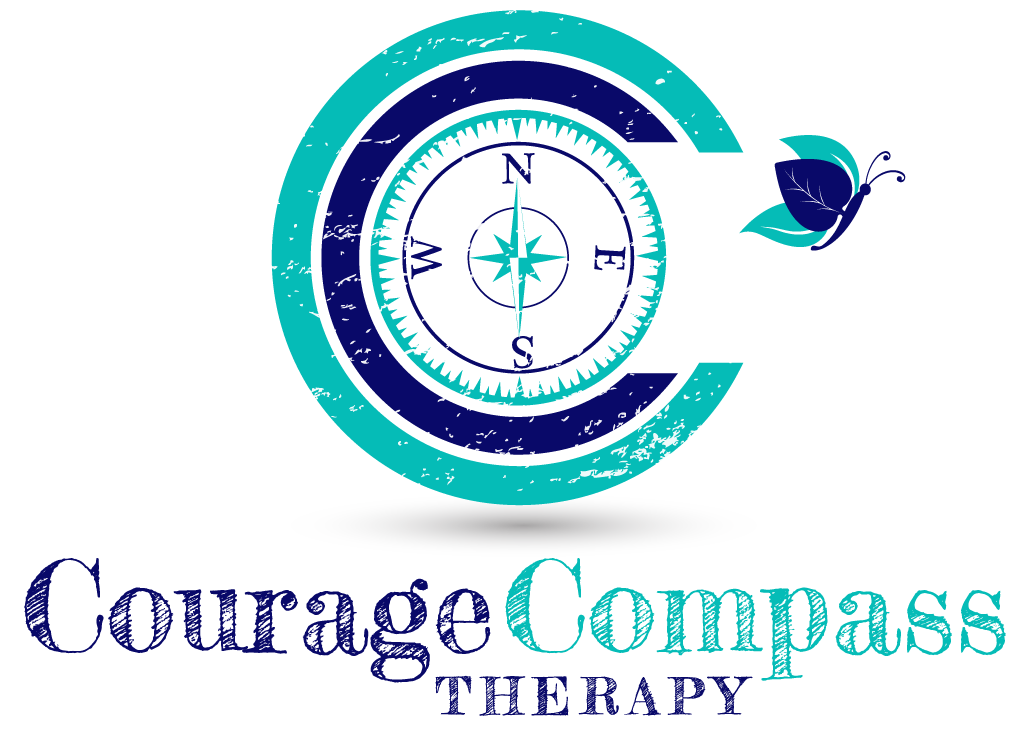Boundaries are a therapy buzz word. Even though we know boundaries are good for us, we avoid implementing them for many reasons. Here are some common objections to setting boundaries; read on to find out how in the world they have anything to do with aviators.
Boundaries are mean.
Boundaries are rejecting another person
Boundaries hurt feelings
They’ll be mad at me if I set a boundary
What if they turn around and set a boundary with me I’m not expecting?
They’re not used to me communicating this way, so it’s not fair to them.
I might lose the relationship because of this boundary
They might feel like it’s a punishment and react poorly
They will remember that I set it, and retaliate in a way I probably won’t like
Boundaries are mean.
While there are many things I could say about these 10 objections, we’re going to focus on the utility of boundaries here. We’ll cover how many of the objections are putting others’ needs and feelings ahead of your own in a future post.
If you know me or have read other blog posts, you know I think in pictures and use metaphor a lot.
Let’s think about the Sun. Yes, the thing Earth and the other planets in the Milky Way revolve around. What do we know about it? It’s crazy hot, it’s always there, but our perspective on it changes depending on time of day and time of year. The sun isn’t human and can’t respond to our boundaries if we don’t like how hot it is, I know it seems a little silly. But it’s to discuss this point: the sun isn’t rejected if we put on sunscreen. The sun isn’t offended if we close the blinds or put up a beach umbrella. It’s just there. We use different items and tools, we plan our time and vacations accordingly, we look for the best aviators Ray Ban offers. Still, the sun is there. Using these tools to set boundaries helps us.
Now we can get a tad more personal while still being concrete. Think of your house as a boundary, and whom you allow into your house, with what level of security, and when. When and why do you have a security alarm? Door locks? Window shades and blinds? Garage doors? Who gets a key or a code to your house? Who can go in even if you’re not home? Who would you never open the door for, even if they rang the doorbell? This is how boundaries relates to the idea of trust and safety.
Relationships are all about connection. Close relationships with good connection have trust and safety. Trust and safety are products or outcomes of good boundaries and communication. Circling back to the aviators: we can use sunglasses as a shield from the sun, and/or to hide our eyes, to put a barrier in between you and another person. If you have a close, trusting relationship with someone, they will know the truth with or without eye contact. Cue The Eagles’: you can’t hide your lyin’ eyes…
Bottom line: you can’t have good, solid relationships without boundaries.
